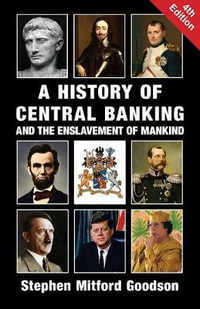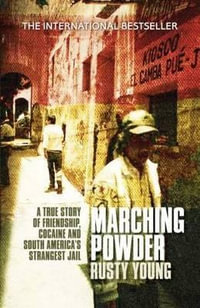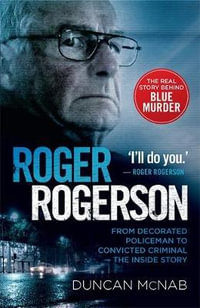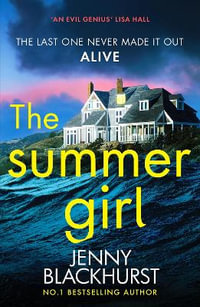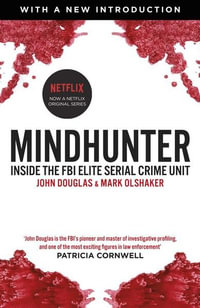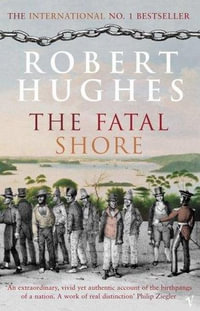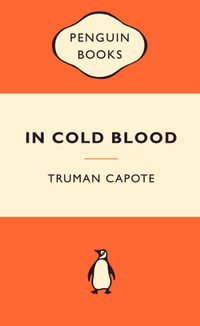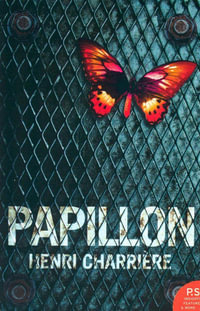
Integrated Developmental and Life-course Theories of Offending
Paperback | 30 June 2008
At a Glance
Paperback
RRP $96.99
$75.50
22%OFF
Aims to ship in 7 to 10 business days
When will this arrive by?
Enter delivery postcode to estimate
ISBN: 9781412807999
ISBN-10: 1412807999
Series: Advances in Criminological Theory
Published: 30th June 2008
Format: Paperback
Language: English
Number of Pages: 282
Audience: Professional and Scholarly
Publisher: Taylor & Francis Ltd
Country of Publication: US
Dimensions (cm): 22.86 x 15.24 x 1.63
Weight (kg): 0.4
Shipping
| Standard Shipping | Express Shipping | |
|---|---|---|
| Metro postcodes: | $9.99 | $14.95 |
| Regional postcodes: | $9.99 | $14.95 |
| Rural postcodes: | $9.99 | $14.95 |
How to return your order
At Booktopia, we offer hassle-free returns in accordance with our returns policy. If you wish to return an item, please get in touch with Booktopia Customer Care.
Additional postage charges may be applicable.
Defective items
If there is a problem with any of the items received for your order then the Booktopia Customer Care team is ready to assist you.
For more info please visit our Help Centre.



